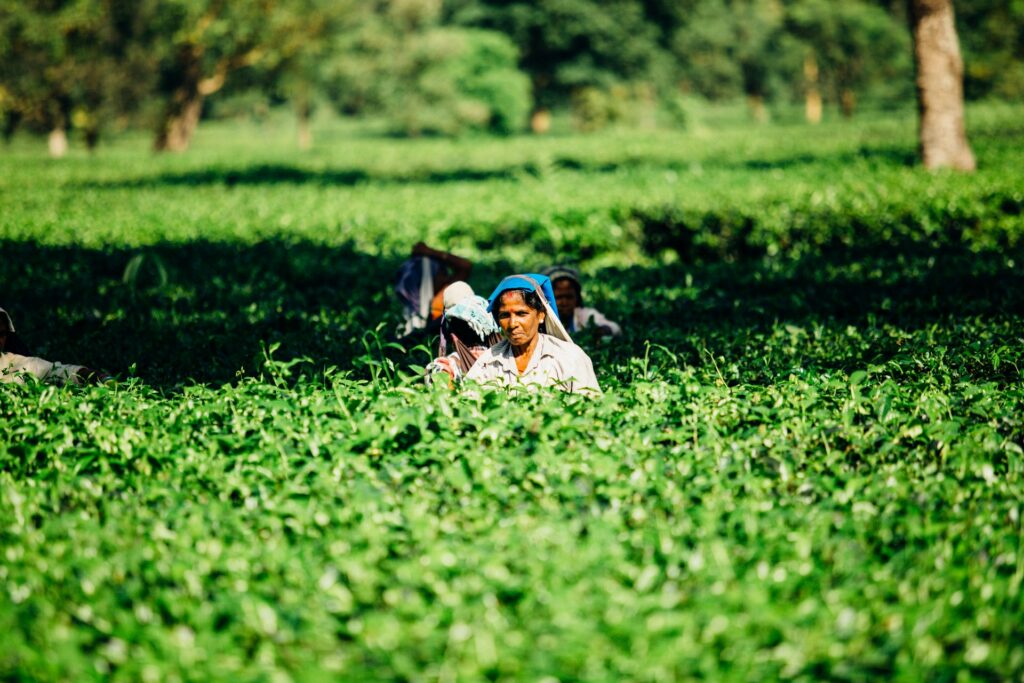What We Plan for Recovery and Growth

By ITB Community and Forrest Zhang, Managing Director – Greater China at Hotelbeds
As the world tries to anchor itself amidst the COVID-19 crisis, we will need to apply a new perspective on destination marketing, customer engagement, product development and the whole spectrum of travel. ITB Community had a catch up with Forrest Zhang, Managing Director – Greater China at Hotelbeds, to hear his thoughts and insights on how the travel industry in China and Northeast Asia as a whole will change and grow in the wake of the pandemic.
How important is domestic and regional travel right now?
Very important, especially for domestic travel in China. China has very good COVID-19 control from last year, so the domestic market has been recovering from last year’s June and reached the first peak in last October. Although we have seen some drop in this year’s February and June due to the new outbreak in some cities of China. However, the overall trend is still moving up positively. In the past Chinese Labour Day holiday, the number shows 230 million domestic trips with 3.2% rise compared to 2019 level.
In the last one week, we have seen the uplift again and everyone in the industry has very high expectation for this summer and October National Day Holiday.
For regional travel in Asia, we do not see much real recovery right now from the number, but we have seen some positive signals such as the Thailand government has announced the opening for Phuket and other key destinations. Also, Singapore government proposed the free travel without quarantine between China for people have been vaccinated. We have a stronger confidence than ever the intra-Asia travel will rebound soon in near future.
Are we seeing any positive developments in the international travel market?
As just mentioned, we do not see much real numbers in Asia now, but see some good signals from government side. However, in North America, Europe, and UAE, we did see some substantial recovery and positive development for the last few months. Especially in recent weeks, we see U.S. and UAE had very good pick up.
Have you seen any other notable changes in traveller behaviour since the start of the pandemic?

Yes, I think traveller’s behaviour do have many changes than before. They make more last-minute bookings and more cancelations. They prefer destinations and hotels with better safety and more health and medical resources. In China’s domestic market, we see the demand back flow from overseas, and many new unknown destinations in third and fourth tier cities are suddenly becoming very popular. People spend more time to find out new places, new attractions, and new experiences in China.
For outbound travel, although we do not have many actual bookings, but based on the survey, we can see the trend. Travellers prefer destinations closer to home, which means Asian countries to China. Also, they are likely to pick up destinations with good track record of managing COVID-19 in the past, also the destinations with higher vaccination rates and good health and medical resources. They also may consider other factors e.g. whether a country has many traveller from other high-risk regions, also the policy for visa applications will be another very important factor. Destinations in Asia like UAE, Singapore, Thailand and Malaysia Asia will become more attractive destinations for Chinese travellers.
For business travel, we also see much more growth coming from local companies in second and third tier cities in China especially for those middle and low-level chain hotels.
When do you think the market will return and when it does, where will the opportunities be? Could you name a few travel sectors that could be interesting, once we are out of this?
For China’s domestic market, as shared just now, the return has begun although we had some episode in between due to new outbreaks. However, people are becoming more used to it and the demand will rebound immediately as long as the situation has been fully controlled. We estimate the full recovery of China’s domestic travel market will be at the end of this year. The opportunities will be more in one-stop shop solution to travellers, content-driven shopping experience, also rural area travel.
For outbound, it will be more challenging, but we could see some rebound in early of next year for short and middle haul in Asia.
During crisis, what are some of the big questions that a leader needs to be asking?
I think there are a few questions I always asked myself during last one and a half year in different stages.
In the first half of last year, I asked myself: How can we survive? What different things we can do versus before and comparing with competitors so that we can survive in this crisis?
Then in the second half of last year, I asked myself: Where is the new opportunities for us? What should we do differently to capture these opportunities? What do we need to change as a company and as a partner to our customers?
Now, I ask myself more questions: Where is the new direction for Hotelbeds as B2B distribution marketplace in such an uncertain future? What do we want to be in the industry in China and Asia after three years? How can we do and act faster and better than our competitors for the recovery and growth for the next three years?
What can hotels do to bounce back more effectively after COVID?
I have a few suggestions to hotels.
First of all, understand the new booking behaviour and needs of travellers after COVID-19, and then change your offering and product mix base on the new needs, such as what I have said just now—more last-minute bookings, and better health and medical resources. That means you have to invest and improve.
Secondly, diversifying your distribution channels. Don’t put all eggs in one basket. Choose the right distribution mix. You can have your direct sale channels for sure, but you also need to have in-direct sales channels including OTAs and B2B channels. At least you need to connect with top ones, because the corporate travel demand has reduced, so you need to get the lost back from other channels.
Last but not least, I think hotels need to adapt to the new trend of digital marketing and dynamic pricing to have more efficient and effective revenue management. Hotels need to provide more content-driven shopping experience, bundling products, more efficient and faster pricing adjustment according to the new seasonality and booking pattern.
What can we change today to make the most positive impact on the hospitality industry?
We can change a few aspects:
- Adapt to changes post COVID-19: Change our mentality to have more ‘consumer centric’ mindset, improve the product and service quality to give travellers superior experience than ever. For example: better healthy and medical facilities and more flexible cancellation policies.
- Capture the new trend of digitalisation: Put more investment on technology innovation, adopt more automation as complimentary to people, and develop smart hotel concepts.
- Bring ESG (Environment, Social Responsibility, Corporate Governance) into your company’s strategy: Have sustainable strategy and resources to take more CSR to the whole society and the world, which I think will make the most positive impact to hospitality industry.






Responses